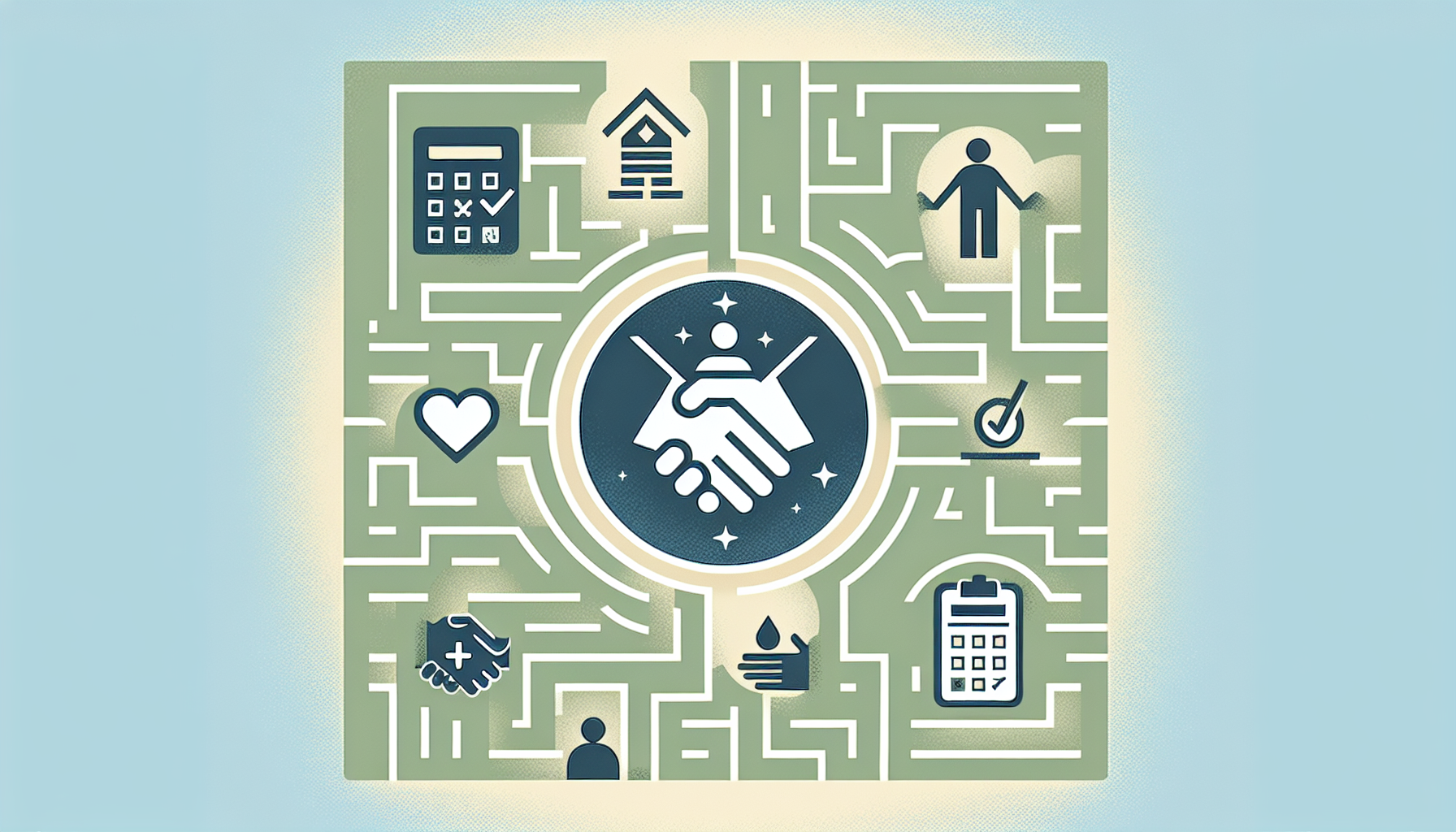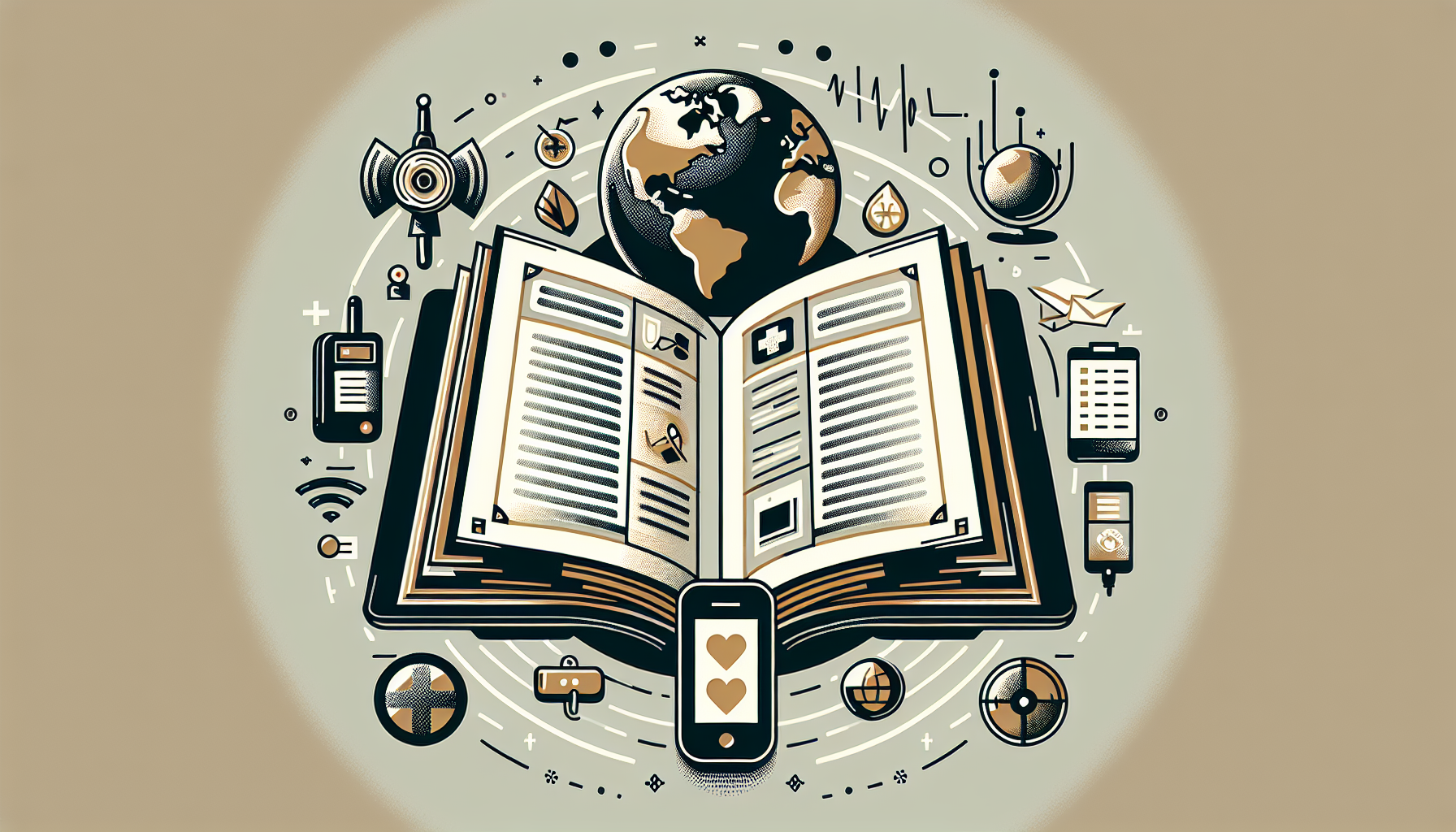Humanitarian aid planning can feel like trying to navigate a maze without a map. With so many moving parts—needs assessment, budgeting, and local partnerships—it’s easy to get overwhelmed, right? You’re definitely not alone in feeling this way!
But what if I told you that there’s a way to simplify this process? By using tailored ChatGPT prompts, you can streamline your planning, engage effectively with communities, and ultimately make a greater impact. Stick around, and you’ll discover exactly how to harness this tool to elevate your humanitarian efforts.
From crafting response strategies to addressing cultural sensitivities, we’ll explore a range of prompts that will make your aid planning journey smoother and more effective. Let’s dive in!
Key Takeaways
- Use tailored ChatGPT prompts to simplify humanitarian aid planning.
- Conduct effective needs assessments with focused questions and data analysis.
- Create actionable response strategies for managing crises using specific prompts.
- Develop budget plans with structured outlines and cost-saving suggestions.
- Enhance coordination with local partners through targeted communication prompts.
- Implement monitoring and evaluation strategies with key performance indicators and feedback surveys.
- Foster community engagement with creative involvement methods and feedback guidelines.
- Draft compelling reports and proposals by outlining key sections and necessary data points.

Effective ChatGPT Prompts for Humanitarian Aid Planning
Humanitarian aid planning requires thorough research and effective communication to address community needs efficiently.
Using ChatGPT can streamline this process by providing tailored prompts that help generate actionable plans.
Here are some effective prompts to kickstart your humanitarian aid planning:
- “List key factors to consider when developing a humanitarian aid plan for a disaster-affected area.”
- “Generate a SWOT analysis for the current humanitarian aid initiatives in [specific region].”
- “Provide a checklist for creating a comprehensive humanitarian response plan.”
How to Use ChatGPT for Needs Assessment in Humanitarian Aid
Conducting a needs assessment is critical in understanding the specific requirements of affected communities.
You can utilize ChatGPT to analyze data and refine your approach with effective prompts that focus on community insights.
Here are some actionable steps:
- Ask ChatGPT to generate a list of questions for beneficiary consultations. For example: “Create a questionnaire to assess the needs of families displaced by conflict.”
- Use prompts to identify vulnerabilities: “Outline the key vulnerabilities of households in [specific community].”
- Request data compilation: “Summarize existing data on food insecurity in [region] and suggest further areas of inquiry.”
Prompts for Creating Humanitarian Response Strategies
Developing response strategies is essential for effective crisis management.
ChatGPT can help formulate actionable plans based on current scenarios and best practices.
Consider using these prompts for strategy creation:
- “Propose a comprehensive response strategy for a sudden influx of refugees in [location].”
- “Outline the steps involved in forming a multi-agency disaster response team.”
- “What are best practices for preparing an emergency response plan for natural disasters?”
Using ChatGPT to Develop Budget Plans for Aid Projects
Budget planning is crucial for the sustainability and effectiveness of humanitarian projects.
ChatGPT can assist in structuring budget plans that ensure proper resource allocation.
Here are some useful prompts to generate budget-related insights:
- “Draft a budget outline for a year-long food assistance program in [specific area].”
- “Analyze potential cost-saving measures for humanitarian aid projects focusing on resource optimization.”
- “What are the typical budget categories for shelter projects in disaster-affected regions?”

Prompts for Coordinating with Local Partners in Humanitarian Efforts
Coordinating with local partners is vital for the success of humanitarian efforts.
Using ChatGPT can streamline communication and improve collaboration with stakeholders on the ground.
Here are some specific prompts to enhance your coordination efforts:
- “List the key local organizations that should be involved in a humanitarian response in [specific area].”
- “Draft an email template for reaching out to potential local partners for collaboration on humanitarian projects.”
- “Outline the steps for establishing a local partnership framework in [context].”
- “Create a checklist for assessing the capacity of local NGOs before partnership agreements.”
ChatGPT Prompts for Monitoring and Evaluating Humanitarian Programs
Monitoring and evaluation (M&E) are crucial for assessing the impact of humanitarian programs.
ChatGPT can help design effective evaluation frameworks and gather insights through tailored prompts.
Consider these prompts for effective M&E strategies:
- “Generate a list of key performance indicators (KPIs) for evaluating a clean water project in [location].”
- “Draft a survey to collect feedback from beneficiaries after a humanitarian intervention.”
- “Outline an evaluation plan for measuring the effectiveness of a food distribution program.”
- “What strategies can be used to ensure that monitoring data is accurately collected and utilized?”
Creating Community Engagement Strategies with ChatGPT Prompts
Community engagement is essential for fostering trust and participation in humanitarian efforts.
ChatGPT can assist in crafting strategies that effectively involve local communities.
Here are some actionable prompts to develop community engagement strategies:
- “List creative ways to involve community members in the planning stages of a new project in [community].”
- “Draft a plan for conducting community meetings to gather input on humanitarian initiatives.”
- “Generate ideas for outreach activities that can increase local awareness about available assistance programs.”
- “Create a set of guidelines for ensuring that community feedback is incorporated into project designs.”
Prompts for Drafting Reports and Proposals for Humanitarian Aid
Effective reports and proposals are crucial for securing funding and ensuring accountability.
ChatGPT can help structure your writing and highlight key information for stakeholders.
Use these prompts for drafting compelling documents:
- “Outline the key sections to include in a project proposal for a renewable energy initiative in [context].”
- “Create a template for a quarterly report on the progress of humanitarian activities in [area].”
- “Generate a list of data points required for a comprehensive impact assessment report.”
- “Draft a summary of lessons learned from a recent humanitarian intervention for future reference.”

Utilizing ChatGPT for Training Materials in Humanitarian Aid
Training materials play a vital role in building the capacities of humanitarian workers.
Using ChatGPT can facilitate the creation of effective educational resources tailored to specific training needs.
Here are some prompts to help you generate training materials:
- “Create a lesson plan for training humanitarian staff on effective communication with affected communities.”
- “Draft an introductory guide on emergency response protocols for new team members in humanitarian organizations.”
- “List the essential skills required for field workers in humanitarian aid and provide training methods for each.”
- “Outline a workshop agenda for teaching logistics and supply chain management in humanitarian contexts.”
How to Refine Humanitarian Logistics Planning with ChatGPT
Refining logistics planning is essential for ensuring timely and effective aid delivery.
You can leverage ChatGPT to enhance your logistics strategies through insightful prompts.
Consider these steps to refine your humanitarian logistics planning:
- “Identify the key challenges faced in humanitarian logistics in [specific context] and suggest solutions.”
- “Generate a logistics checklist for ensuring efficient supply chain operations in disaster relief scenarios.”
- “Propose a monitoring plan for tracking supplies from procurement to distribution in humanitarian projects.”
- “Outline best practices for establishing partnerships with local logistics providers during emergencies.”
Prompts for Addressing Cultural Sensitivity in Humanitarian Work
Cultural sensitivity is crucial in humanitarian work to foster trust and respect within communities.
Using ChatGPT, you can develop strategies that ensure cultural considerations are integrated into your projects.
Here are effective prompts for addressing cultural sensitivity:
- “List the key cultural factors to consider when implementing humanitarian aid in [specific community].”
- “Draft guidelines for humanitarian workers on respecting local customs and traditions during interventions.”
- “Create a checklist for assessing cultural sensitivity in project proposals for humanitarian initiatives.”
- “Generate training material on the significance of cultural awareness in humanitarian response efforts.”
FAQs
ChatGPT can analyze data and generate questions to identify community needs, assess existing resources, and highlight gaps. This leads to informed decision-making and prioritization in humanitarian aid efforts.
Effective prompts for drafting proposals should include clear project objectives, target beneficiaries, expected outcomes, and budget estimates. ChatGPT can also help generate persuasive language to engage donors.
ChatGPT can suggest tailored communication strategies, facilitate two-way dialogue frameworks, and generate materials for local stakeholders. This fosters trust and encourages active community participation in humanitarian efforts.
ChatGPT can assist in developing metrics, summarizing findings, and drafting evaluation reports. It helps organizations measure progress, assess impact, and refine strategies for future humanitarian interventions.
